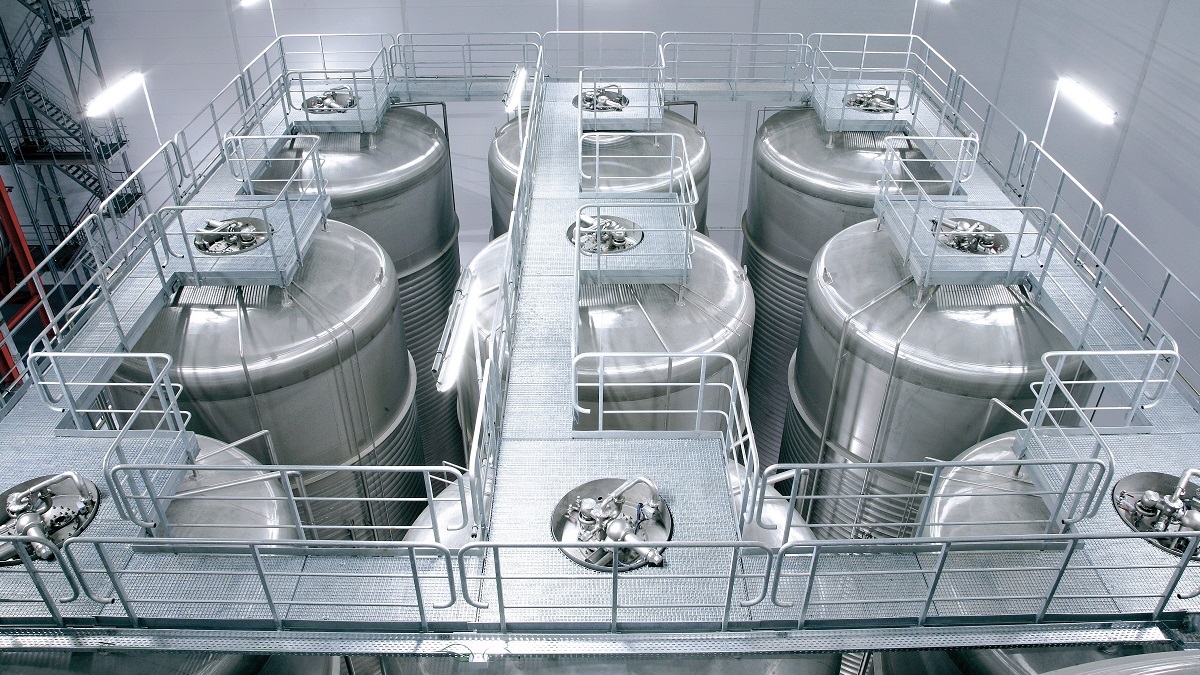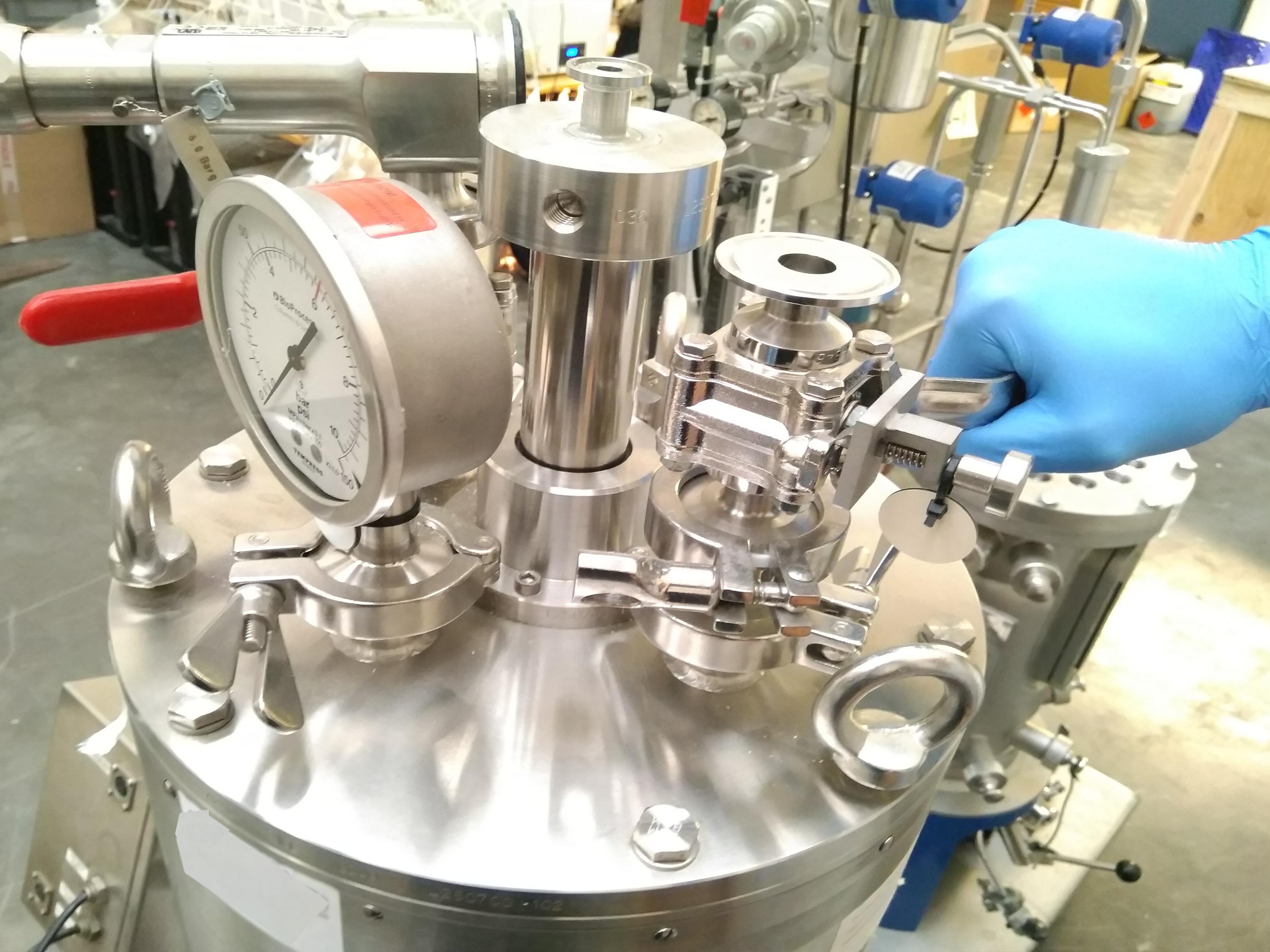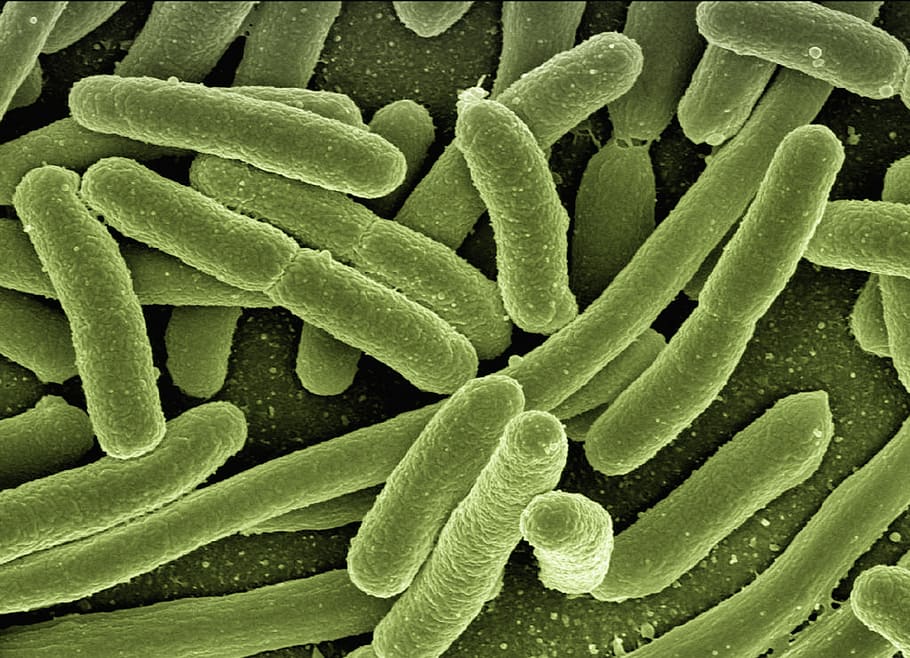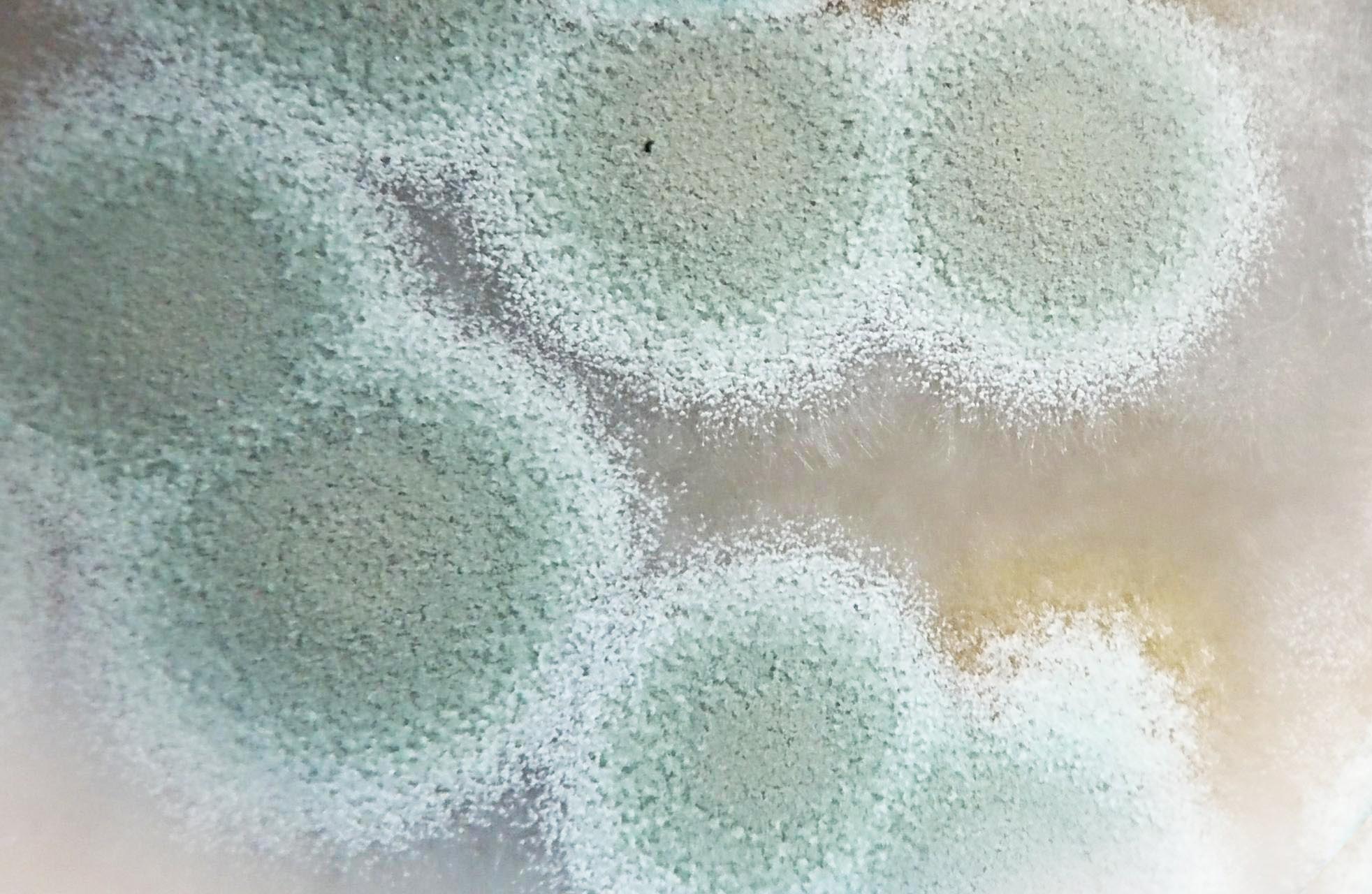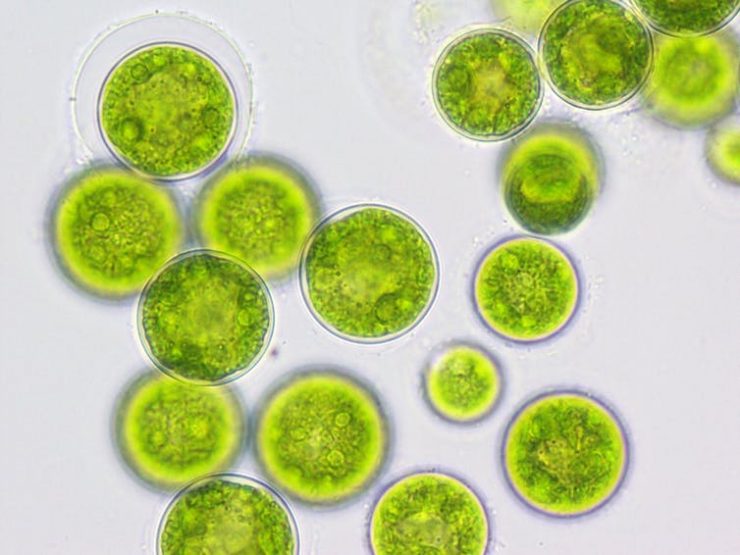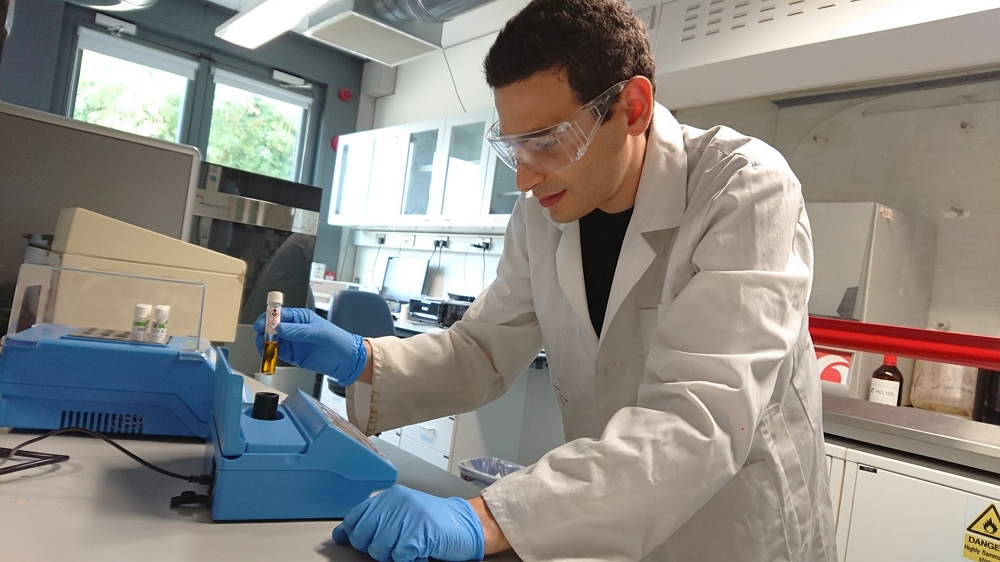Production of Propionic Acid Through Fermentation
Background to Propionic Acid Fermentation
Global production of propionic acid is increasing year by year through petroleum routes and the market is demanding for biologically and sustainably produced propionic acid.
Propionic acid fermentation is reported by several Propionibacterium species under anaerobic conditions. However, propionic acid fermentation is currently facing a number of challenges including:
low growth rate, product inhibition, and expensive downstream processing for high quality products. Recently progress has been made in optimising fermentation conditions and
in developing genetically-engineered microbes to increase yields and reduce by-product formation.
Propionic acid production can occur through several pathways and it is important to understand the mechanisms and mode of fermentation in order to select the right fermentation conditions and to optimise them.
Propionic acid can be produced from a variety of substrates such as glucose, ethanol, lactose, glycerol, and pectin. So, several industrial streams will be suitable to produce propionic acid, if the bacteria are adapted to the inhibitors present in the waste streams and fermentation is optimised to achieve high cell densities and high product concentration.
Propionic acid can be produced from a variety of substrates such as glucose, ethanol, lactose, glycerol, and pectin. So, several industrial streams will be suitable to produce propionic acid, if the bacteria are adapted to the inhibitors present in the waste streams and fermentation is optimised to achieve high cell densities and high product concentration.
How Celignis Can Help
At Celignis our experts can perform anaerobic fermentations and develop fermentation strategies to achieve high cell mass and in-situ product
recovery techniques.
We can screen your feedstock for propionic acid production, adapt the strain to any inhibitors present in the feed, and develop bespoke fermentation and product recovery processes.
Get more info...Get in Touch
We can screen your feedstock for propionic acid production, adapt the strain to any inhibitors present in the feed, and develop bespoke fermentation and product recovery processes.
Get more info...Get in Touch
Lactic Acid Fermentation
Lactic acid bacteria are very sensitive and require complex nutrient media compared to other bacillus species that can produce lactic acid.
Hence, industries are constantly looking for fungi and bacillus strains that have low nutrient requirements and can tolerate acidic pH.
At Celignis we have expertise and experience in screening lactic acid bacteria for the selection of substrate- and product-tolerant strains. We can also develop: fed-batch strategies to achieve high cell mass, and in situ product recovery techniques to separate lactic acid from the fermentation broth. We will work with you and develop bespoke lactic acid fermentation methods for your feedstock or industrial waste streams.
Get more info...Lactic Acid Fermentation
At Celignis we have expertise and experience in screening lactic acid bacteria for the selection of substrate- and product-tolerant strains. We can also develop: fed-batch strategies to achieve high cell mass, and in situ product recovery techniques to separate lactic acid from the fermentation broth. We will work with you and develop bespoke lactic acid fermentation methods for your feedstock or industrial waste streams.
Get more info...Lactic Acid Fermentation
Butyric Acid Fermentation
Butyric acid is biologically produced by Clostridium species and like other acids (acetic acid, lactic acid, propionic acid),
it is toxic to the bacteria after a certain concentration. Hence, the product titres are generally low which makes downstream expensive.
In order to reduce these costs, in situ removal of butyric acid can be developed. In situ removal strategies are not yet industrially applied for butyric acid, but
it is a key area where progress has to be made to make the process economically sustainable.
At Celignis, we have strong expertise in Clostridial fermentation. We can isolate and or adapt the strains that are suitable for your feedstock and can develop fermentation strategies to reduce substrate and product inhibition. We will innovate with you for you.
Get more info...Butyric Acid Fermentation
At Celignis, we have strong expertise in Clostridial fermentation. We can isolate and or adapt the strains that are suitable for your feedstock and can develop fermentation strategies to reduce substrate and product inhibition. We will innovate with you for you.
Get more info...Butyric Acid Fermentation
Butanol Fermentation
Butanol fermentation is also one of the difficult fermentation pathways due to substrate and product inhibition. However, this can be
avoided by fed-batch fermentation and in-situ stripping of butanol. Also, reducing the feedstock and enzyme costs will make the process more
economically viable. Through using industrial waste streams (negative costs), enzymatic cocktails tailored for the feedstock (allowing low-enzyme dosages), and
with high sugar yields, the right choice of microbial strain, and an effective in-situ removal technology, it is possible to develop an economically-viable butanol process.
At Celignis, we have considerable expertise in Clostridial fermentation and especially butanol fermentation. Our Chief Innovation Officer Dr Lalitha Gottumukkala has extensively worked in this area and has isolated novel strains and developed novel methods for non-acetogenic butanol fermentation as part of her PhD.
Get more info...Butanol Fermentation
At Celignis, we have considerable expertise in Clostridial fermentation and especially butanol fermentation. Our Chief Innovation Officer Dr Lalitha Gottumukkala has extensively worked in this area and has isolated novel strains and developed novel methods for non-acetogenic butanol fermentation as part of her PhD.
Get more info...Butanol Fermentation
1,3-Propanediol Fermentation
Natural microbes that produce 1,3-Propanediol are Klebsiella, Clostridia, Citrobacter, Enterobacter
and Lactobacilli. They all use glycerol as a carbon source and produce 1,3-PDO through 3-hydroxypropionaldehyde route
using glycerol dehydratase enzymes and 1,3-propanediol oxidoreductase enzymes.
At Celignis, we have expertise and experience in performing anaerobic fermentations and developing fermentation strategies to achieve high cell mass and in situ product recovery techniques. We can screen your feedstock for 1,3-Propanediol production, adapt the strain to any inhibitors present in the feed, and develop bespoke fermentation and product recovery process.
Get more info...1,3-PDO Fermentation
At Celignis, we have expertise and experience in performing anaerobic fermentations and developing fermentation strategies to achieve high cell mass and in situ product recovery techniques. We can screen your feedstock for 1,3-Propanediol production, adapt the strain to any inhibitors present in the feed, and develop bespoke fermentation and product recovery process.
Get more info...1,3-PDO Fermentation
Polyhydroxy Alkanoates (PHAs) Production
PHA is one of the most complicated fermentation processes, but the possibility to use mixed microbial cultures and the avoidance of sterilisation costs
makes it an interesting process to produce bioplastics. Also, PHA blends are becoming more and more popular to increase the tensile strength and
flexibility of the polymer, possible by using mixed culture substrates.
At Celignis, we have experience in enrichment of desired microorganisms, fed-batch and continuous fermentations with cell-recycling. We can design and develop the most suitable process for your feedstock by using mixed or mono-culture fermentations. We can also develop cost-efficient downstream processing steps for efficient PHA extraction by using non-toxic and environmentally friendly techniques.
Get more info...PHA Production Fermentation
At Celignis, we have experience in enrichment of desired microorganisms, fed-batch and continuous fermentations with cell-recycling. We can design and develop the most suitable process for your feedstock by using mixed or mono-culture fermentations. We can also develop cost-efficient downstream processing steps for efficient PHA extraction by using non-toxic and environmentally friendly techniques.
Get more info...PHA Production Fermentation
Yeast and Fungal Fermentation
Yeast fermentation is one of the oldest fermentations and is used in everyday life to produce a variety of commodity products including bread, beer, wine,
cheese, and soy sauce. A few decades ago, yeast gained popularity as an industrial strain for biorefinery and biofuel applications.
At Celignis, we can use yeast and fungi for the production of: bioethanol, glycerol, single cell oils (SCOs), and emulsifiers, among other products.
Get more info...Yeast and Fungal Fermentation At Celignis, we can use yeast and fungi for the production of: bioethanol, glycerol, single cell oils (SCOs), and emulsifiers, among other products.
Microalgal Fermentation
Algal cultivation is complicated and requires optimisation to achieve high biomass yields. Algal biomass production depends on nutrient uptake and
other environmental conditions such as temperature, pH, salt concentration etc. It is important to select the strain based on the type of
production (open ponds, photobioreactors), feedstock and application. We have particular expertise in the evaluation and optimisation of algae thorugh
our Chief Innovation Officer, Lalitha, who is currently undertaking a Marie-Curie funded project at Celignis on this topic.
Get more info...Microalgae Fermentation Contact Us For Further Details
We are available to answer any questions you may have on how to get high value chemicals and biofuels from biomass through fermentation processes.
Just get in touch with us by sending us an email info@celignis.com, giving us a call at (+353) 61 371 725, or through
our contact form.
Get more info...Get in Touch
Get more info...Get in Touch

